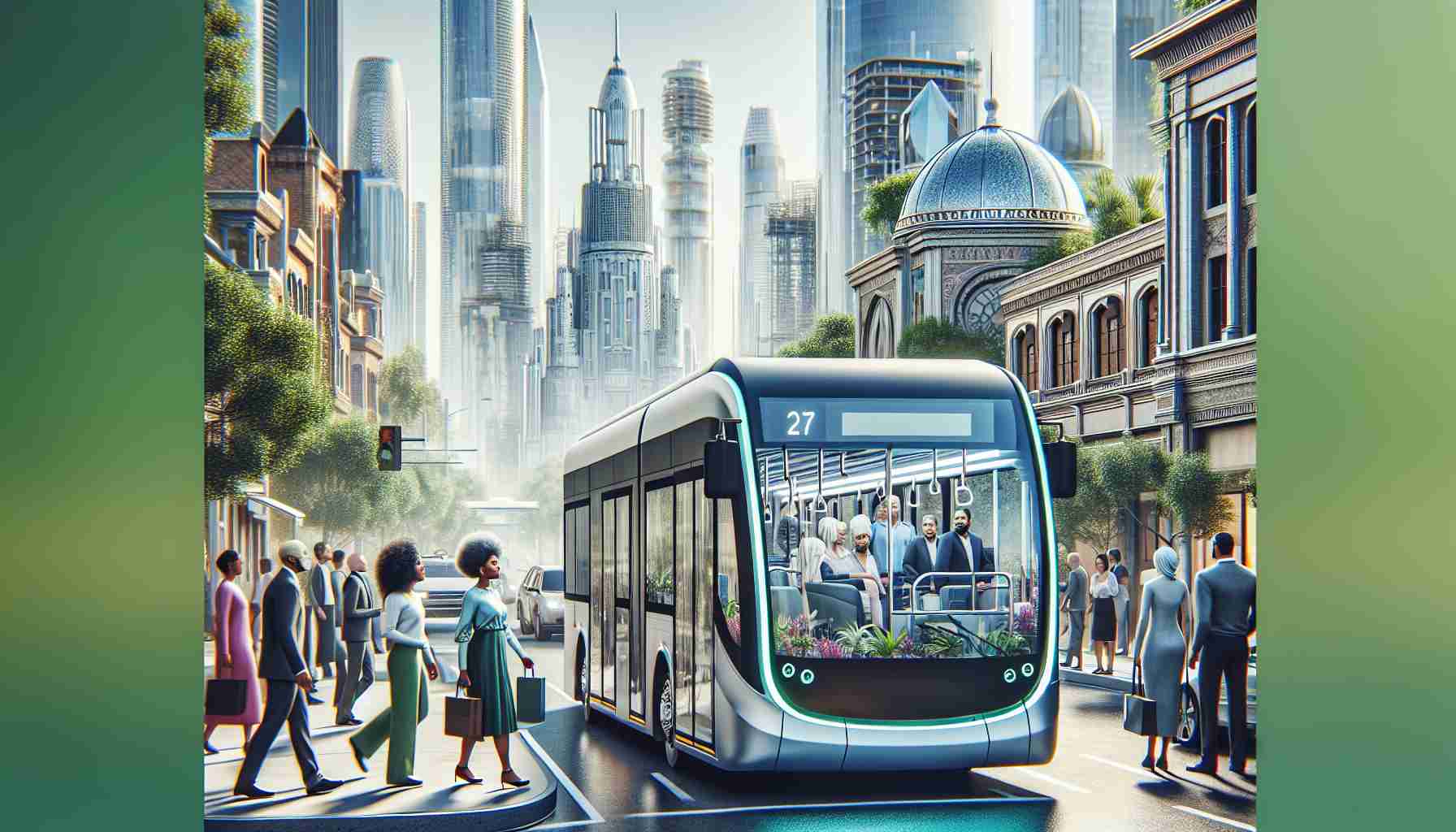
Jersey’s Revolutionary Emissions-Free Bus Trial
In an exciting move towards a greener future, Jersey’s LibertyBus is set to trial a state-of-the-art, emissions-free double-decker bus this month, without any passengers on board initially. This significant test, running until December 13th, will evaluate the bus’s performance on select routes, paving the way for potential service on route 15, contingent upon successful results.
The company, known for its commitment to sustainable transport, has previously explored electric bus options but is now focusing on the latest advancements in technology. With a commitment to reducing carbon emissions, LibertyBus aims to identify the best vehicle for the island’s unique road conditions.
LibertyBus officials express enthusiasm about this trial, highlighting the bus’s slightly larger dimensions—just 15cm longer than existing models—as a positive factor for ride quality. Once the initial phase wraps up, they will actively seek input from users to gather valuable feedback.
This innovative battery-powered bus has the capacity to accommodate up to 73 passengers, offering ample space while minimizing operational costs. As the trial progresses, the company is hopeful that this new addition will lead to a more sustainable and efficient public transport system for Jersey, setting a precedent in the realm of environmentally friendly travel options.
Pioneering Green Transport: Jersey’s New Emissions-Free Bus Revolution
Jersey’s Revolutionary Emissions-Free Bus Trial
In a ground-breaking initiative for sustainable transportation, Jersey’s LibertyBus is launching an emissions-free double-decker bus trial this month. This pilot program will run without passengers initially and is set to continue until December 13th. During this period, the bus will be assessed on specific routes to evaluate its performance, including potential future operations on route 15, depending on the success of the tests.
Key Features of the Emissions-Free Bus
The new electric double-decker bus not only champions environmental sustainability but also includes several innovative features that enhance its performance and user experience.
1. Capacity and Efficiency: Capable of holding up to 73 passengers, the bus is designed for high-capacity routes, which could help reduce the number of individual vehicles on the road, thus further decreasing carbon emissions.
2. Improved Ride Quality: Measuring slightly longer than existing models—specifically, 15 cm longer—this bus aims to provide a more comfortable ride for passengers, enhancing their travel experience.
3. Cost Efficiency: With advanced battery technology, the operational costs are expected to decrease due to reduced fuel expenses and lower maintenance requirements associated with electric vehicles.
Pros and Cons of the Electric Bus
# Pros:
– Zero Emissions: Greatly reduces the carbon footprint of public transport.
– Comfort: Larger dimensions improve passenger comfort.
– Economic Feasibility: Lower operational costs due to battery power.
# Cons:
– Initial Test Phase: Lack of real-world passenger data during the trial period.
– Infrastructure Needs: Requirement for charging stations and maintenance facilities tailored to electric vehicles may incur additional costs.
User Feedback and Future Steps
Following the trial, LibertyBus officials plan to gather feedback from both passengers and drivers. This user input will be essential in determining the viability of integrating the electric bus into regular service routes, thereby establishing a model for future public transport initiatives in Jersey.
Insights and Trends in Electric Public Transport
The trial of the emissions-free bus in Jersey reflects a growing trend in urban centers worldwide towards electric public transport solutions. As cities grapple with the challenge of increasing pollution and traffic congestion, the adoption of electric buses is gaining traction. Future innovations may include:
– Enhanced Battery Technology: Continued advancements in battery design could further extend the range and efficiency of electric buses.
– Integrated Smart Technology: The integration of smart technologies for route optimization and energy management systems in public transport systems.
Sustainability and Security Aspects
As the world moves towards greener technologies, the security of electric public transport systems also needs attention. Measures must be implemented to protect charging infrastructure against vandalism and ensure data privacy for users of smart ticketing systems.
Final Thoughts
Jersey’s initiative to trial an emissions-free bus is a crucial step towards a more sustainable public transport network. If successful, it may inspire other regions to adopt similar technologies, moving towards a greener future for public transit.
For more information about sustainable transport initiatives, visit LibertyBus.